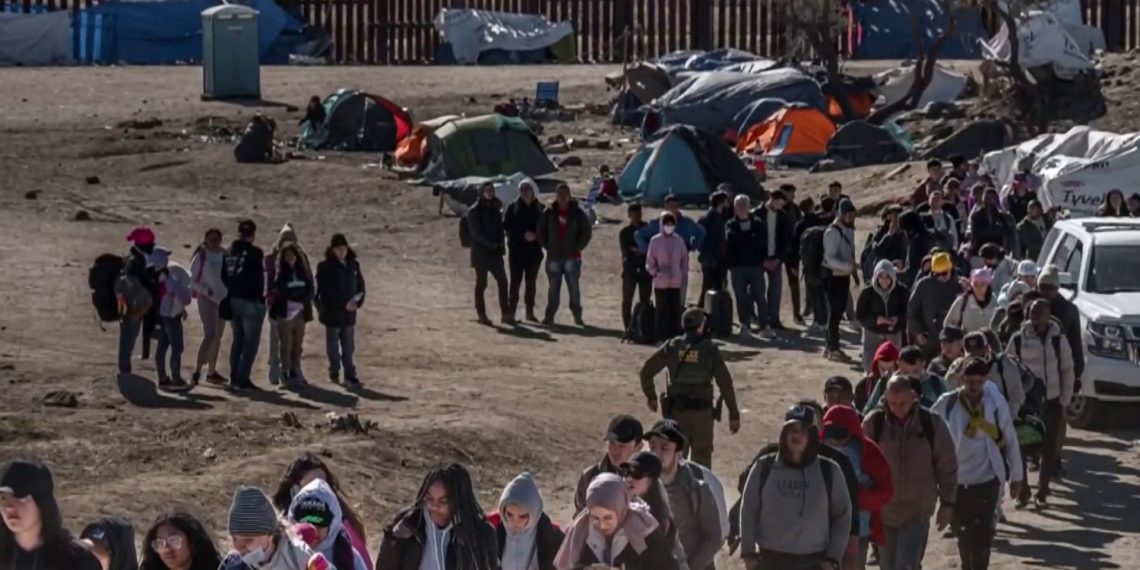A U.S. appeals court panel is currently deliberating over the fate of Texas’s SB 4 law, which enables state authorities to apprehend and prosecute migrants suspected of illegally crossing the U.S.-Mexico border.
The panel, convened by the New Orleans-based 5th U.S. Circuit Court of Appeals, is considering whether to maintain the block on SB 4 while Texas appeals a judge’s ruling that halted its enforcement.
The law, if implemented, would criminalize unlawful entry or re-entry into Texas from a foreign country and authorize state judges to order violators to leave the United States, with potential prison sentences of up to 20 years for non-compliance.

During Wednesday’s arguments, the three-judge panel displayed a clear division in opinions regarding SB 4’s compatibility with federal immigration law.
Judge Priscilla Richman expressed skepticism, noting that no other state has previously claimed the authority to expel individuals residing in the country unlawfully.
Aaron Nielson, representing the state of Texas, defended SB 4, emphasizing its alignment with federal statutes criminalizing illegal border crossings and asserting the state’s prerogative to safeguard public safety.
Judge Andrew Oldham expressed doubt about the Biden administration’s ability to demonstrate SB 4’s overall invalidity, suggesting a potential challenge in continuing to block the law during the court’s consideration of the legal dispute.

Daniel Tenny, representing the Biden administration, argued that SB 4 undermines federal enforcement and urged the court to uphold the block.
The panel’s deliberations also involved considerations of precedent, particularly the 2012 U.S. Supreme Court ruling on an Arizona immigration law, which cautioned against states adopting enforcement measures conflicting with federal mandates.
The outcome of the court’s decision holds significant implications for Texas’s ability to enforce its immigration policies and the broader landscape of federal-state jurisdiction in immigration matters.




